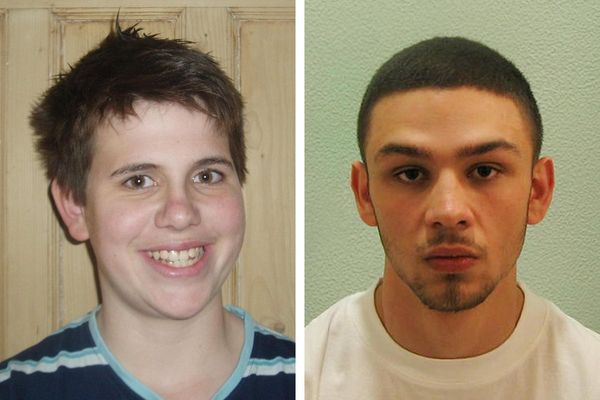
Brian Friel’s magical play can be seen in any number of ways: as a metaphor for the plight of the artist, as a Pirandellian study of the elusiveness of reality, as a return to the classic Irish theme of exile and homecoming. Watching Lyndsey Turner’s beautiful revival, I was struck by how a play, first seen in 1979, contradicts our theatre’s trend towards ever greater visual sophistication by asserting the power of the word.

Language is obviously at the heart of a play in which three characters deliver four monologues. The first and last are spoken by Frank Hardy, an itinerant faith healer who is at the mercy of a gift he cannot control and who eventually, and fatally, returns to his native Ireland. In between Frank’s speeches we hear different versions of his story first from his wife and then from his manager. Grace, although the product of an Irish legal family, has opted for a harum-scarum existence to become Frank’s support and victim. Teddy, meanwhile, is a chipper Cockney from the seedy fringes of showbusiness driven by a strange love for his wayward client.
Monologues are tricky to handle. What is startling is how Friel uses them to advance the narrative, explore shifting realities and reveal character. Time and again, however, I was struck by the poetic richness of Friel’s prose. A litany of place names is repeated with ritual fervour. Frank describes how disabled people came to his performances not in hope but “to seal their anguish, for the content of a finality.” Grace perceptively sees that Frank, a seeming mountebank, had the artist’s compulsion “to adjust, to refashion, to recreate everything around him.” And, although there is a big tonal shift with Teddy, he memorably evokes a vanished world of variety in which a three-year-old whippet would play Come Into the Garden, Maud on the bagpipes.
Turner’s immaculate production gives each monologue a distinct setting and character linked, in Es Devlin’s design, by a prefatory curtain of rain. Stephen Dillane’s haunting Frank, in ill-fitting black suit, exists in a kind of limbo, rarely moves and shows a capacity to look both at us and past us as if we were things in his dream. Gina McKee, unforgettable as Grace, inhabits a dingy bedsit and makes direct eye-contact with the audience as if seeking to offset her incurable depression. Meanwhile Ron Cook – who one day should play John Osborne’s Archie Rice – plays Teddy magnificently as a perky vaudevillian yet makes something incredibly moving out of the “thoughtless” way he was treated by Frank and Grace after a rare miraculous night.

More than ever, the play struck me as a masterpiece: one in which Friel wrestles with the artist’s dependence on the unpredictability of inspiration. I was reminded of a famous story of Laurence Olivier who, having given a spectacular performance as Othello, was found in despair at curtain-fall. Told he had been brilliant, Olivier said: “Of course, I fucking know it, but I don’t know WHY.” That sense of inexplicable mystery lies at the heart of Friel’s play.
- At the Donmar, London, until 20 August. Box office: 0844 871 7624.







